Mitt Romney is
the target, abortion is the issue, and the $100,000 ad buy
will change the tone of the Iowa and New Hampshire
presidential primaries.
This weekend
marks the first negative TV advertising in the two early
voting states as campaigns headed into the critical weeks
before the first vote, with an independent group's
claim that the former Massachusetts governor has
flip-flopped -- a sometimes crippling charge in
presidential politics. Analysts say similar negative ads are
likely to air against Romney's chief GOP rival,
Rudy Giuliani, whose positions on gun control and
immigration are markedly different from those he
espoused as New York City mayor.
The anti-Romney
ad campaign, by a Republican group that supports abortion
rights, is fairly modest in scope. But it may open the door
to bigger ad buys targeting other candidates and
topics, several campaign veterans said.
''This will be
the beginning of it,'' said Patrick Griffin, a
Manchester-based advertising executive who handled President
Bush's 2000 media effort in New Hampshire.
Given the pending
ad against Romney and the confrontational tenor of
Wednesday's Republican debate in Florida, Griffin said, the
top campaigns must be ready to launch hard-hitting ads
the instant they decide the benefits outweigh the
risks. ''You can be sure there are scripts written
and, very likely, spots produced,'' he said.
And if not on
television, then on radio. Log Cabin Republicans on
Thursday launched a 60-second anti-Romney radio ad
criticizing his tax record.
Negative ads are
certainly possible in the Democratic contest as well.
But strategists say they are not surprised to see them first
in the Republican race, where front-runners Romney and
Giuliani have left a long evidentiary trail of their
changed positions on key issues.
''It's a
target-rich environment for negative ads,'' said Dante
Scala, a political scientist at the University of New
Hampshire.
Accusations of
flip-flopping have animated campaigns for years. They
proved especially damaging to Democratic presidential
nominee John Kerry in 2004, and they have dogged
Romney and Giuliani this year.
Thus far the
accusations have arisen only in debates and news accounts,
not in potentially powerful TV ads that often employ ominous
music and grainy black-and-white or slow-motion
images. And while campaign ads have saturated the Iowa
and New Hampshire airwaves for weeks, they have been
mostly upbeat biographical spots.
That will change
this weekend when the group Republican Majority for
Choice starts its ads -- in Iowa and New Hampshire
newspapers and TV spots -- calling Romney a
flip-flopper on abortion.
The ads'
potential impact is unclear. Romney repeatedly has
acknowledged he was an outspoken supporter of
abortion rights until he changed his mind a few years
ago.
''I don't know
how many times I can tell it: I was wrong,'' he said in
Wednesday's debate. Voters seeking candidates who are ''not
willing to admit they're ever wrong,'' he said, will
''have to find somebody else.''
The major threat
to Romney would be TV ads suggesting his conversion was
politically motivated to appeal to Republican primary
voters. Among the rivals already raising the issue is
U.S. senator John McCain, who has said Romney's
biggest challenge ''will be convincing Republicans he
has principled positions on important issues.''
Questions about
gay rights also might provide grist for anti-Romney ads.
When he unsuccessfully challenged Edward M. Kennedy's Senate
seat in 1994, Romney vowed to outdo the senator in
championing the rights of gay men and lesbians in the
workplace. ''We must make equality for gays and
lesbians a mainstream concern,'' Romney said at the time.
He never
supported same-sex marriage, and he now highlights his
support of ''the traditional family'' and a
Constitutional amendment to ban same-sex marriage.
Some Republicans
feel Giuliani is equally vulnerable to charges of
flip-flopping if a televised feud begins.
As mayor of New
York City, Giuliani sued gun makers and distributors,
backed a federal assault-weapons ban, and once described the
National Rifle Association as extremist. He says he no
longer holds those views because the terrorist
attacks of 2001 changed his thinking about weapons and
personal protection. He was quoted in 2002 and 2004,
however, still staunchly supporting gun control.
Giuliani promises
to crack down on illegal immigration, a message also at
odds with his record as mayor. In 1996 he said there are
times ''when undocumented aliens must have a
substantial degree of protection'' to feel safe
sending their children to school, reporting crimes, and
seeking medical treatment.
Such policy
shifts by Giuliani and Romney are ready-made for negative
ads, campaign strategists say, but the strategy carries
risks. New Hampshire's all-important independent
voters are especially leery of one-sided claims, and
''there's a danger it can backfire,'' said Dean
Spiliotes, who writes a nonpartisan political blog in New
Hampshire.
Moreover, several
analysts said, a serious Romney-Giuliani spat could
catapult another candidate, such as McCain, to the top.
For all those
reasons, it is possible that most or all of the early
negative ads will be aired by independent groups, such as
the one now targeting Romney on abortion. If the
candidates decide to launch their own attack ads, ''I
think it's likely to happen in the last week or two,''
said Andy Smith, a pollster at the University of New
Hampshire.
Meanwhile,
candidates will anxiously monitor polls, campaign event
crowds, and other signs that their campaign is going up,
down, or nowhere. Ultimately, at least one candidate
will decide that negative ads are worth the risk, said
Michael P. Dennehy, McCain's New Hampshire-based
national political director.
''No candidate
wants to be the first to go negative,'' Dennehy said in an
interview. ''But it will be done, mark my word. It's just a
question of when.'' (Charles Babington, AP)








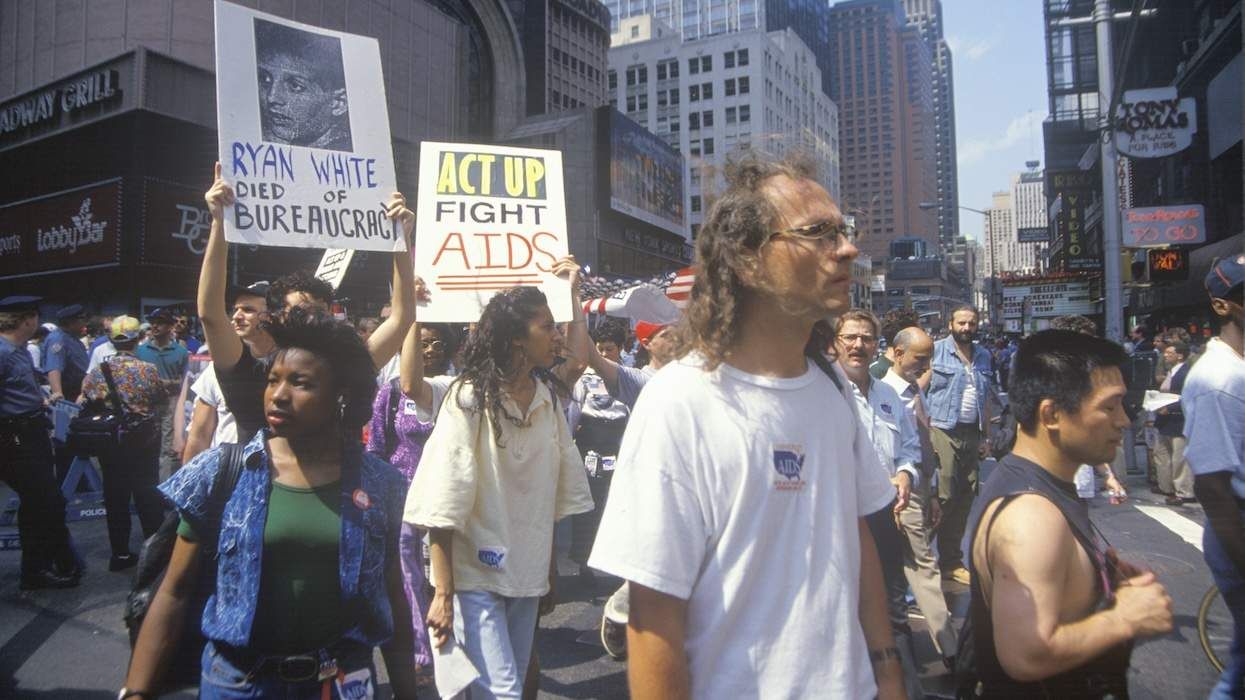

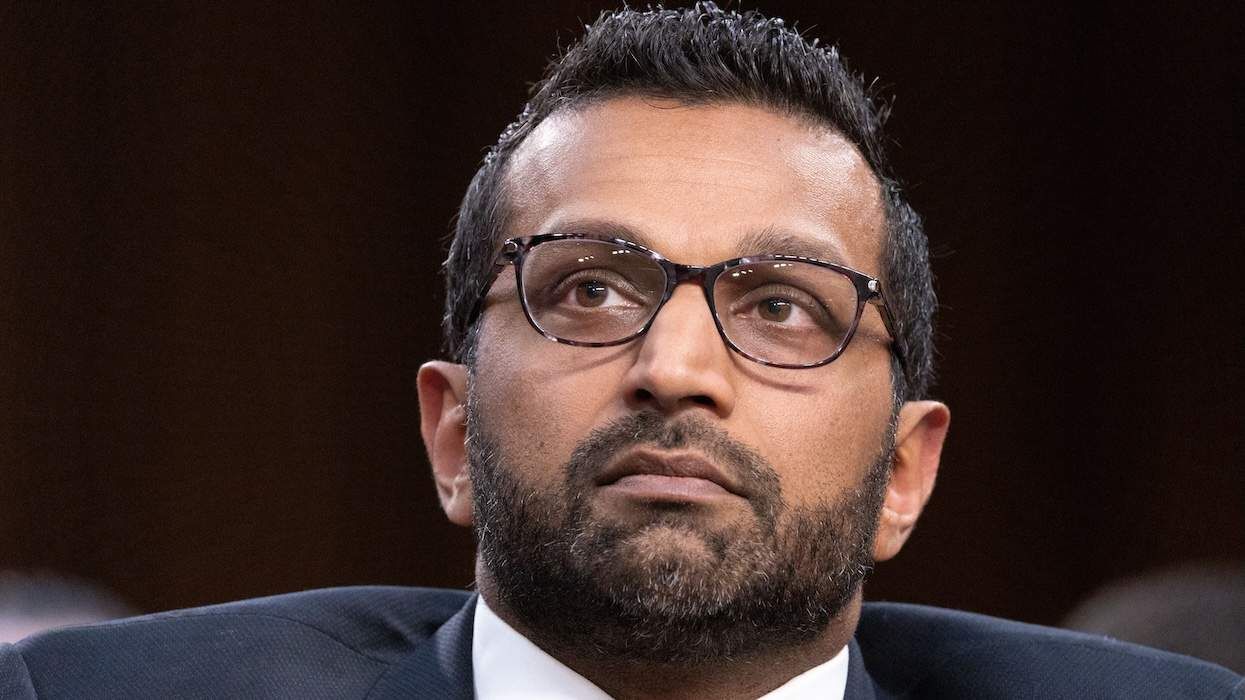



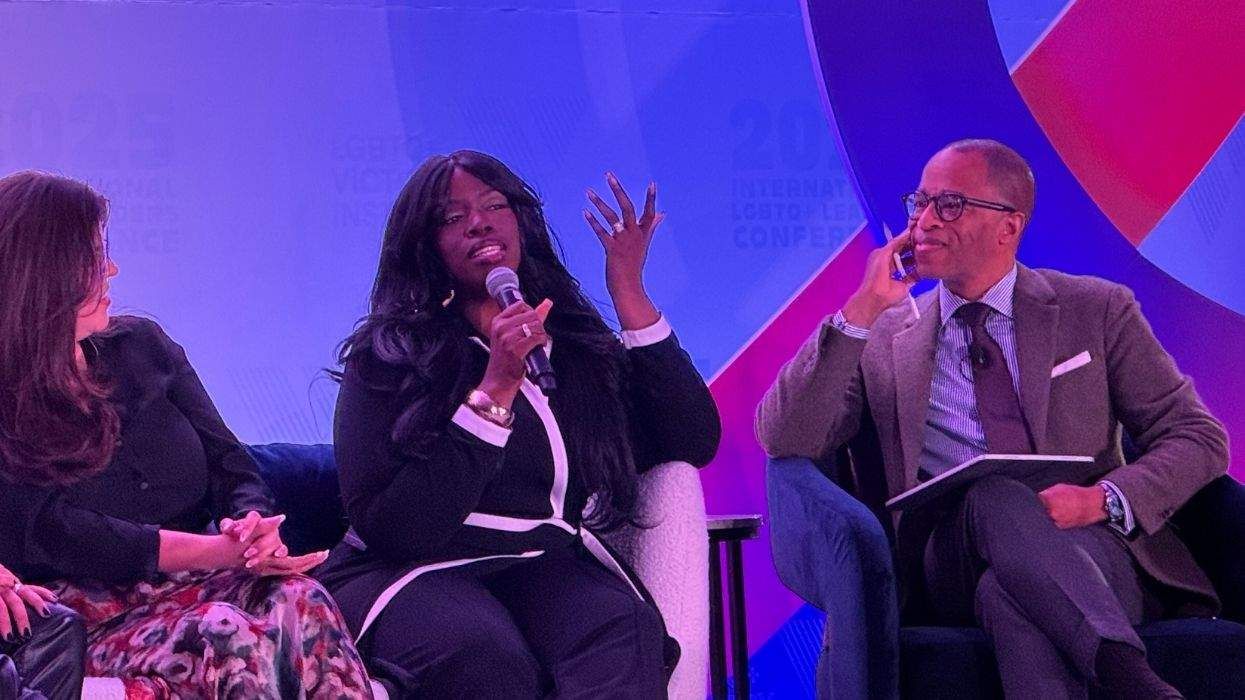
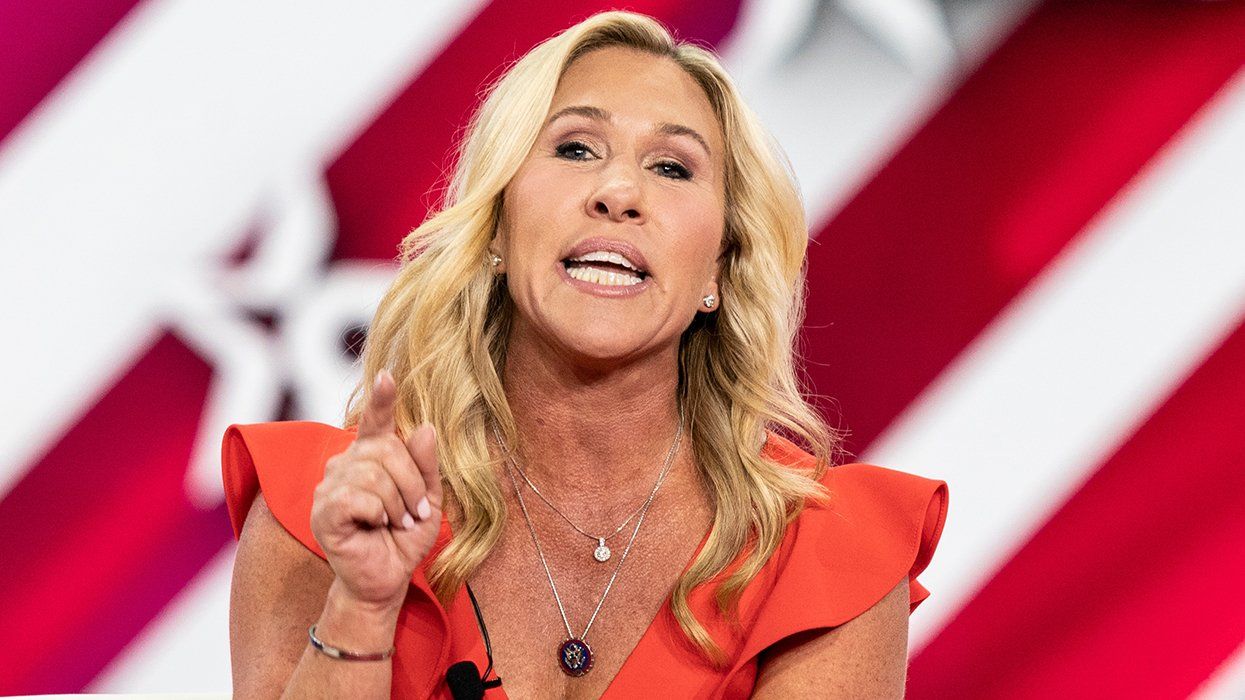
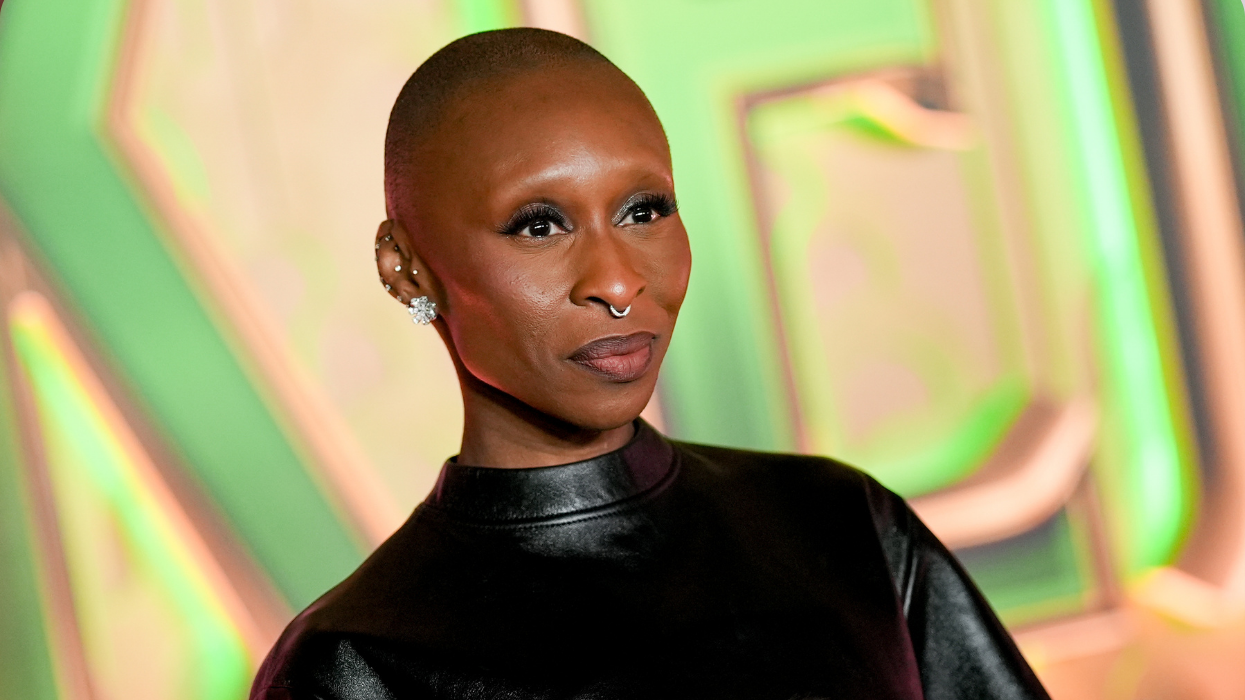

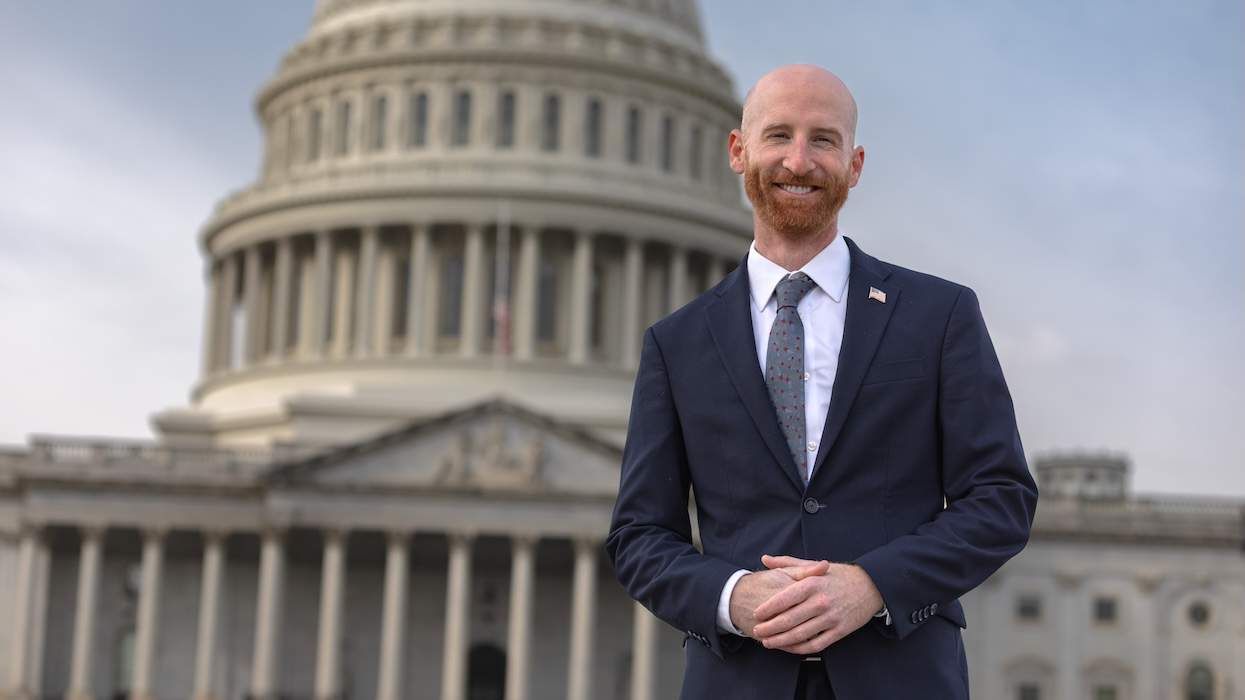





































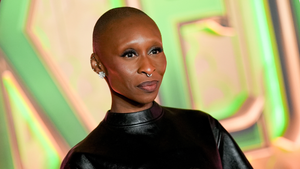












Charlie Kirk DID say stoning gay people was the 'perfect law' — and these other heinous quotes